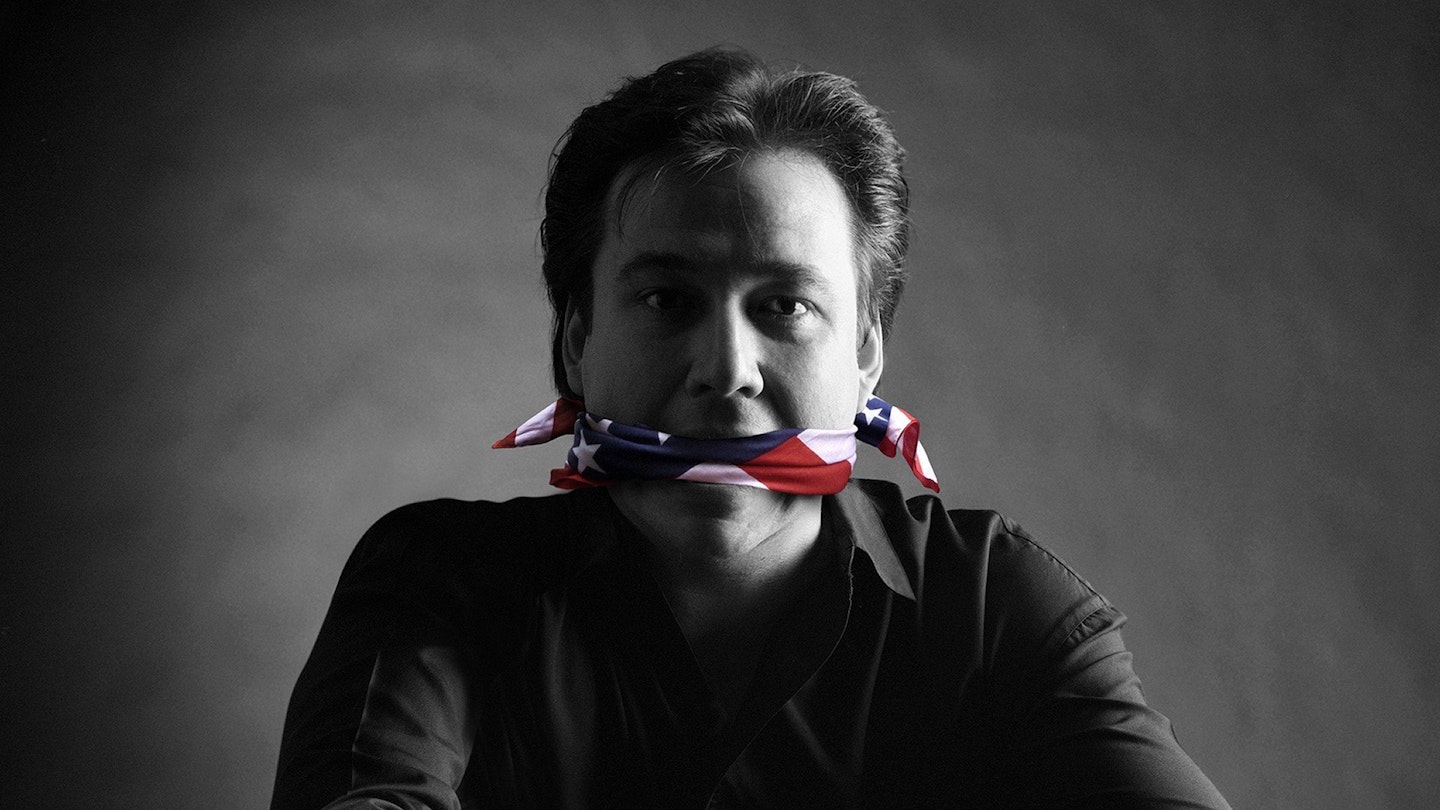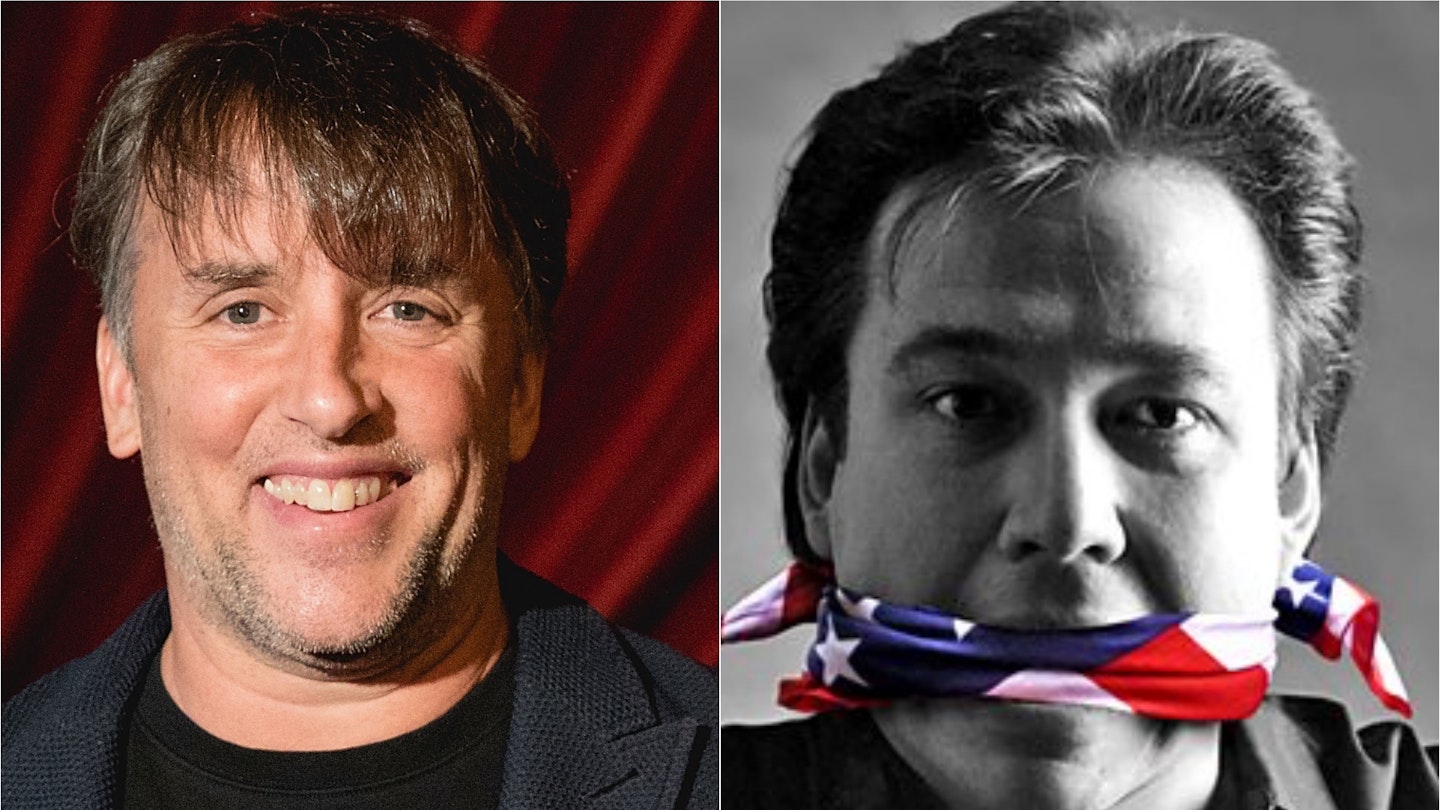"If anyone here's in marketing or advertising, kill yourself,” Bill Hicks would infamously quip. Or not. “There’s no fucking joke coming,” he’d add, voice rising, smile fading. “You are Satan’s spawn filling the world with bile and garbage.” It says something about the strength of Hicks’ act that even now, 16 years after pancreatic cancer killed him at the age of 32, those words resound enough to make Empire feel tainted just providing a line from this review to help advertise his own life story. Sorry, Bill. But you deserve it.
It’s not hyperbole to insist that the Texan stand-up’s material came loaded with profound power. Negative drug stories in the news, fundamental Christians, America’s warmongering foreign policy... It’s depressingly unsurprising that once Hicks hit his stride, he was thought too hot for homeland consumption and developed a bigger following in Canada and here in the UK. It’s easy to lionise those who were snuffed out just as their fires flared brightest, but there’s few who’d mock you for describing Hicks as the greatest ever stand-up.
Co-director Matt Harlock certainly wouldn’t. After all, before embarking on a three-year odyssey to shoot this, he hosted Hicks tribute nights in London. Together with Paul Thomas, he won the confidence of Hicks’ family and his closest friends, gaining access to 1,300 photos and unseen footage. Taking their cue from Nanette Burstein and Brett Morgen’s The Kid Stays In The Picture, Harlock and Thomas have animated these photos and, threading them with the footage, woven a visual narrative so effective it will render any future biopics irrelevant. (Russell Crowe as Bill? Nah. Bill as Bill will do just fine.) The only weakness is that, unlike The Kid, this film involves multiple voiceovers, meaning you’re not always sure who’s talking when.
If you’re worried about Harlock and Thomas getting too easy a ride, then rest assured that while they never question his politics (it might have at least been entertaining to hear from Hicks’ critics), they do show us the warts, specifically Hicks’ struggle with drink and drugs. Yet essentially it’s the story of a man’s life told by those who loved him, and the man himself. And as such, it’s beautifully told

